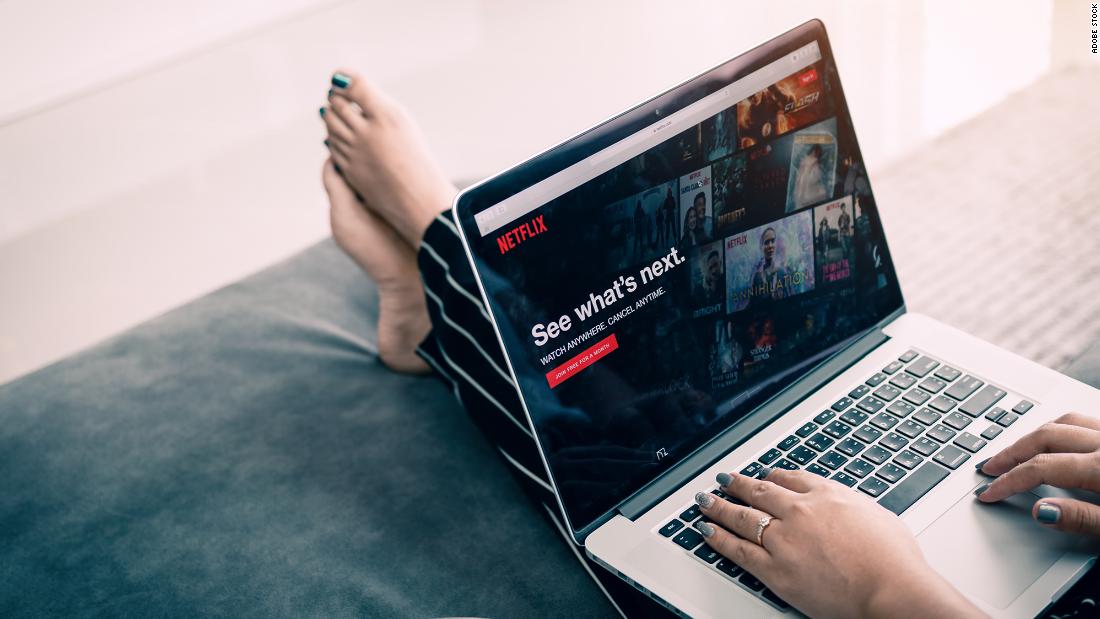- by foxnews
- 08 Apr 2025
Netflix begins password sharing crackdown in the US

Netflix is officially beginning its crackdown on users who share passwords in the United States.
The streaming video company on Tuesday said it is now sending out emails to all US subscribers who share passwords with people outside their household, as part of a long planned move to limit password sharing.
"Your Netflix account is for you and the people you live with - your household," the email reads, along with options on how to share the account.
To share an account with someone outside a household, a user can transfer a profile to a new membership that they pay for or else add an extra member to their account for an additional $7.99 monthly fee.
Netflix previously turned a blind eye to password sharing because it was fueling growth. However, last year it said that it was going to crack down on password sharing because it hurts its bottom line. It has previously estimated that more than 100 million households worldwide share an account.
The company started to clamp down on password sharing in several countries earlier this year, including Canada, New Zealand, Portugal and Spain.
Netflix (NFLX) recently reported a net increase of 1.75 million global streaming subscribers in the first quarter, up nearly 5% from the same period in the prior year, but below the more than 3 million Wall Street analysts had expected.
Netflix said in an earnings call last month that it has seen a "cancel reaction in each market when we announce the news" about the paid sharing option, but then it sees "increased acquisition and revenue."
- by foxnews
- descember 09, 2016
Ancient settlement reveals remains of 1,800-year-old dog, baffling experts: 'Preserved quite well'
Archaeologists have recently unearthed the remarkably well-preserved remains of a dog from ancient Rome, shedding light on the widespread practice of ritual sacrifice in antiquity.
read more


